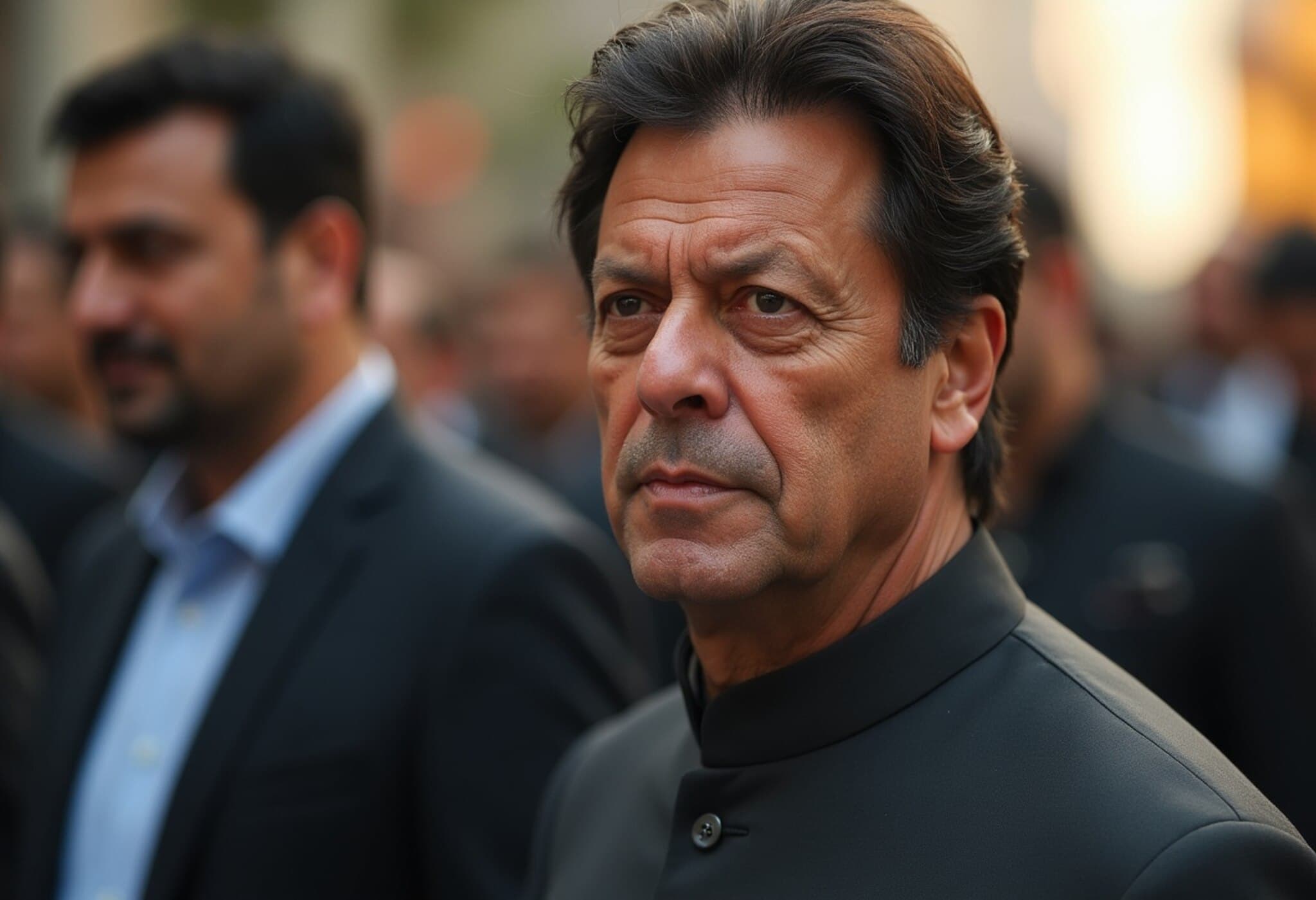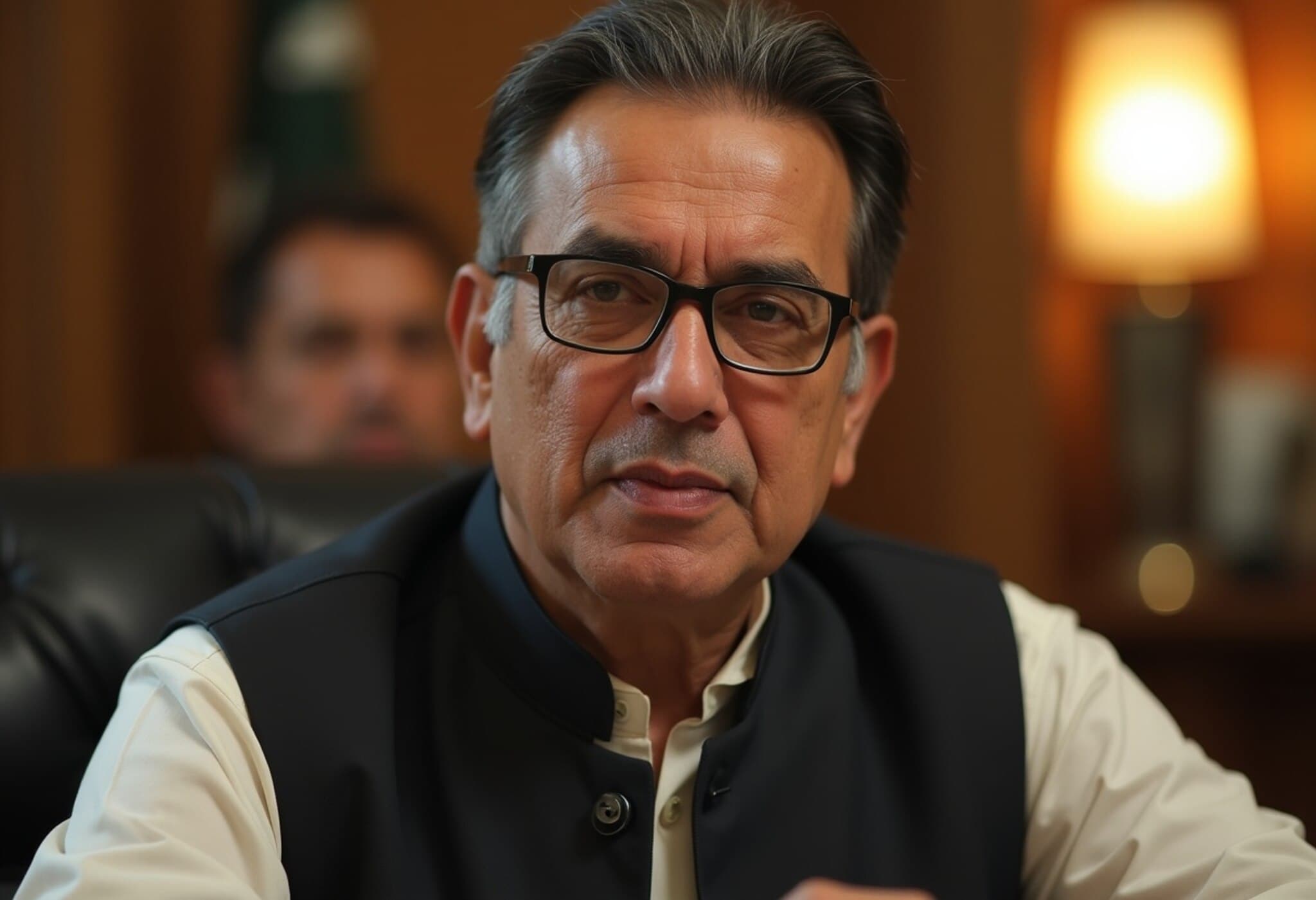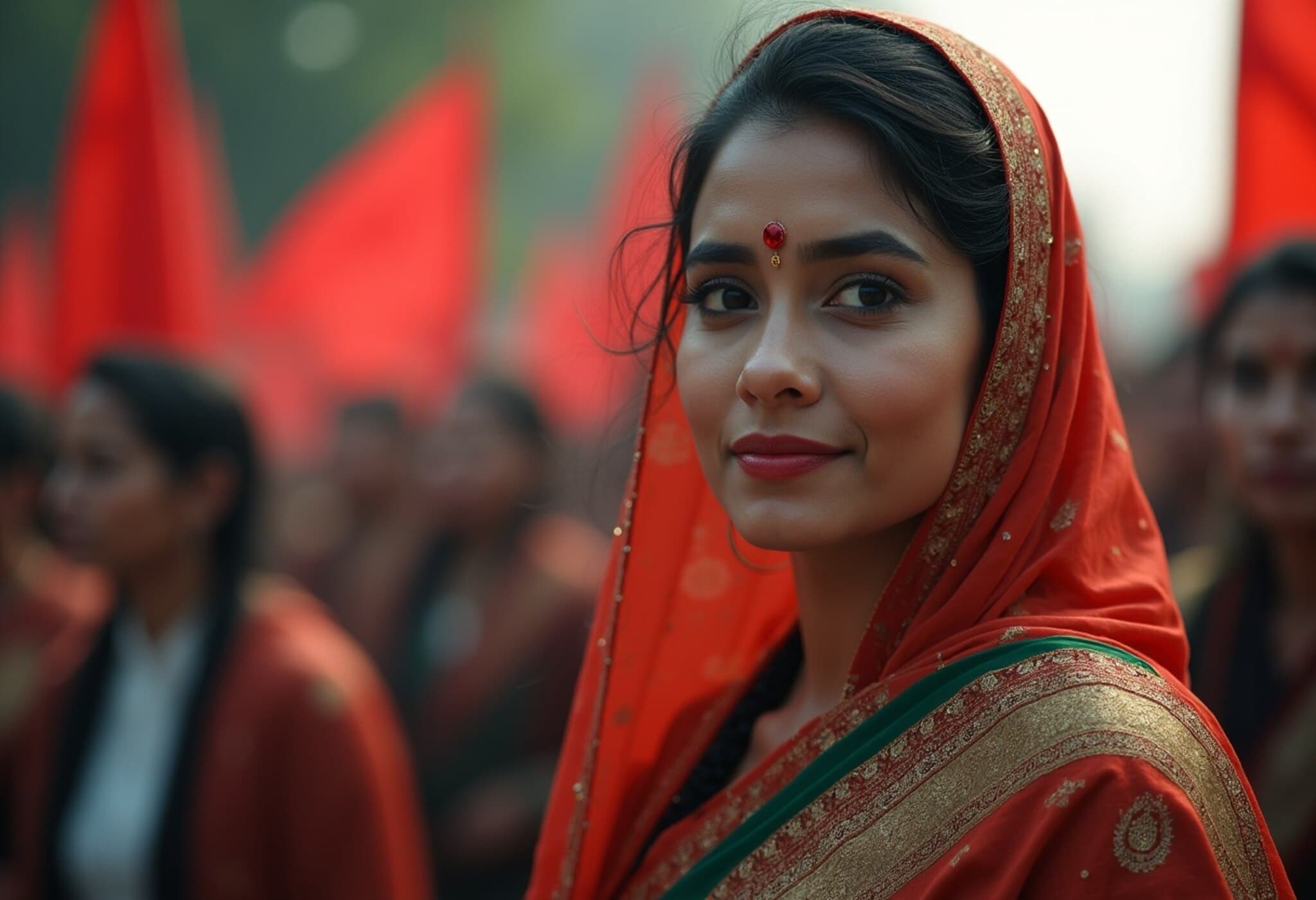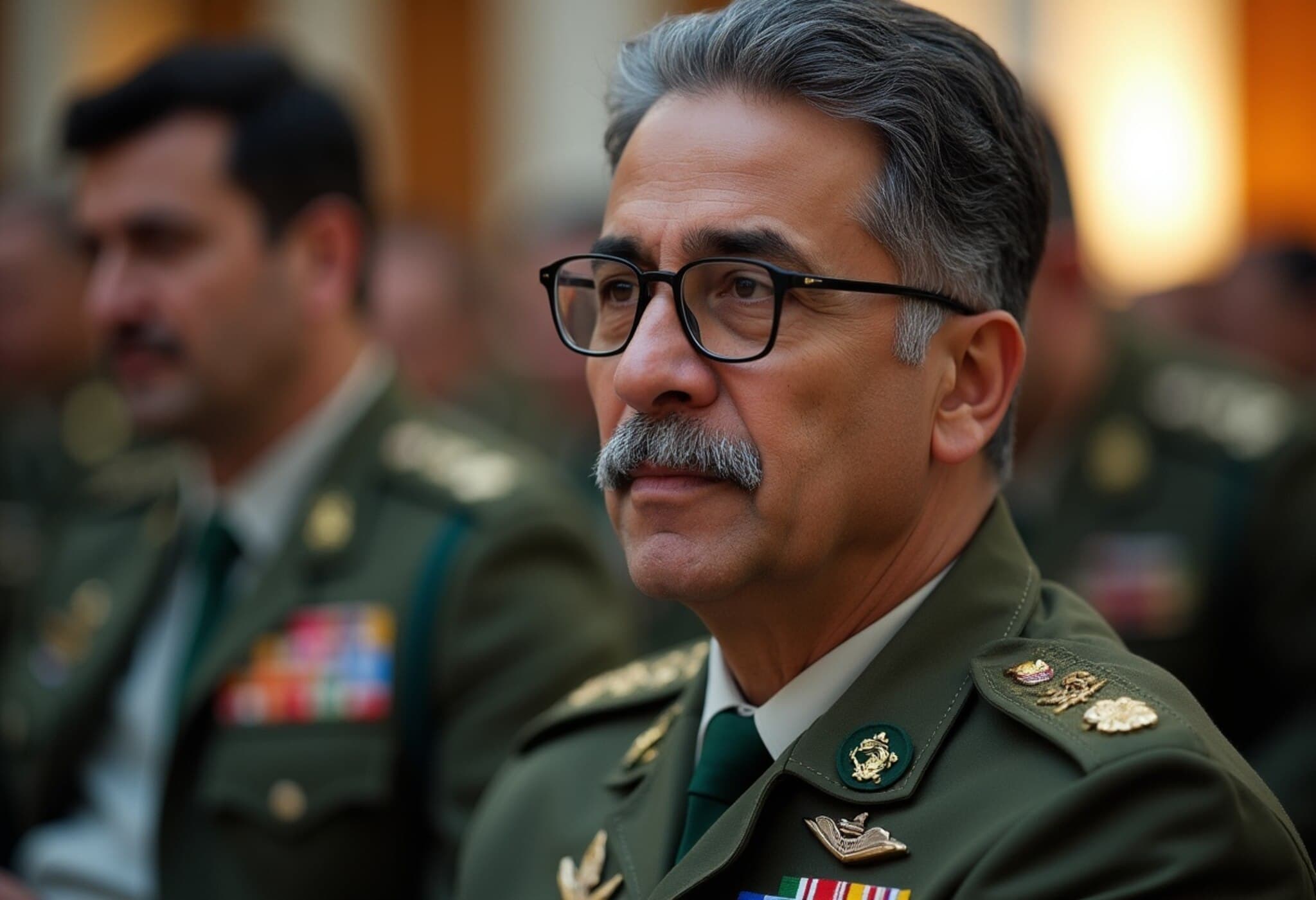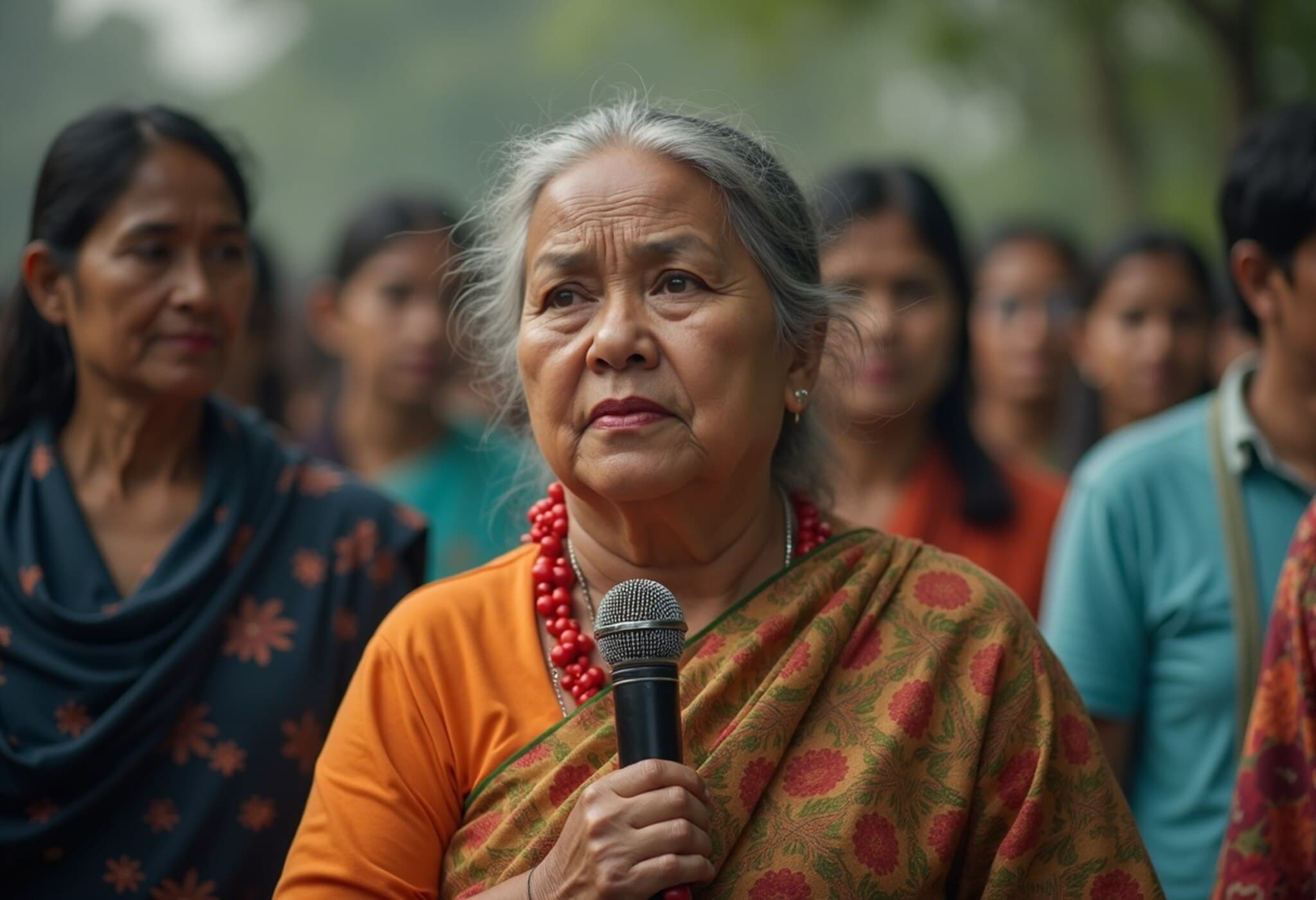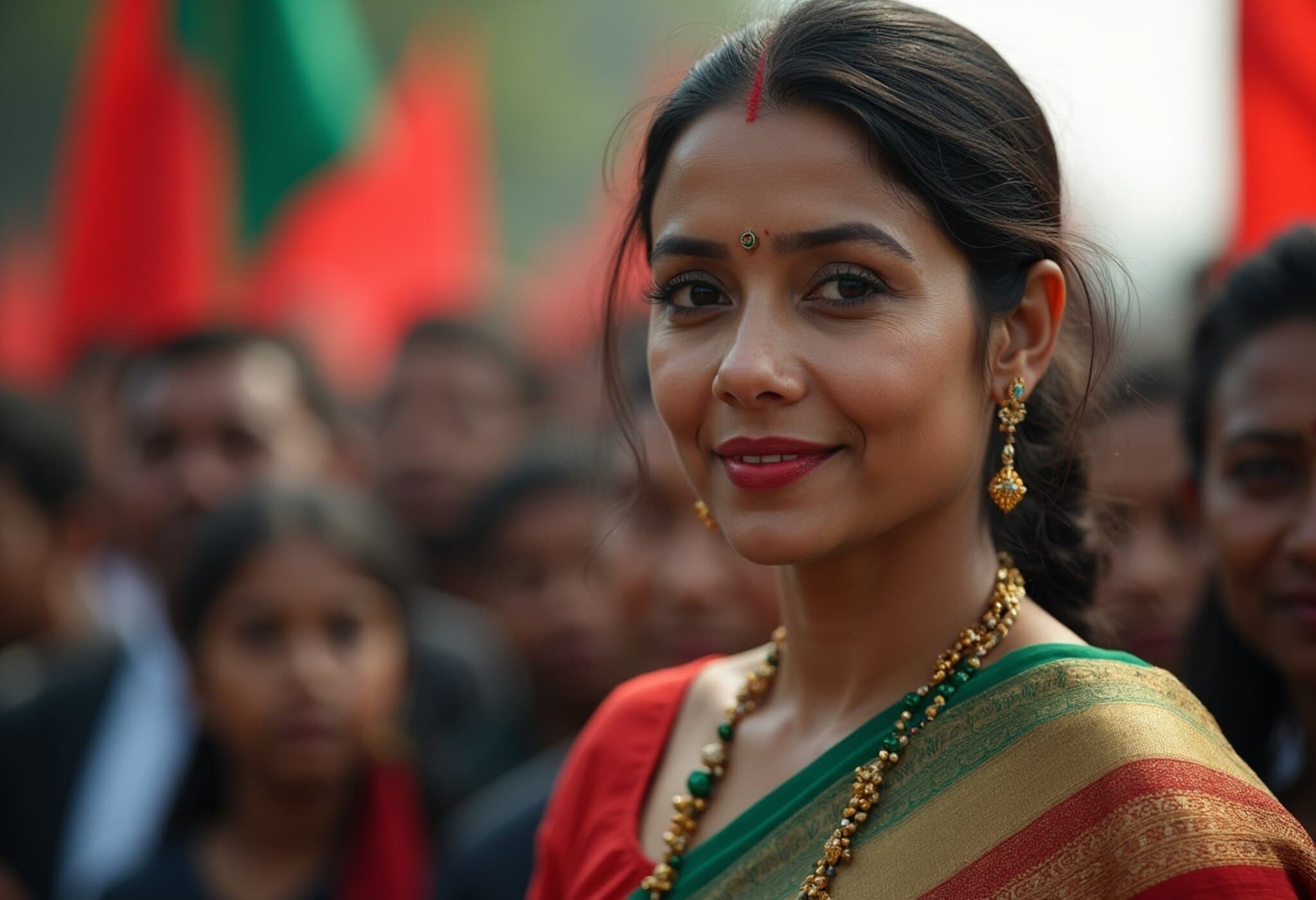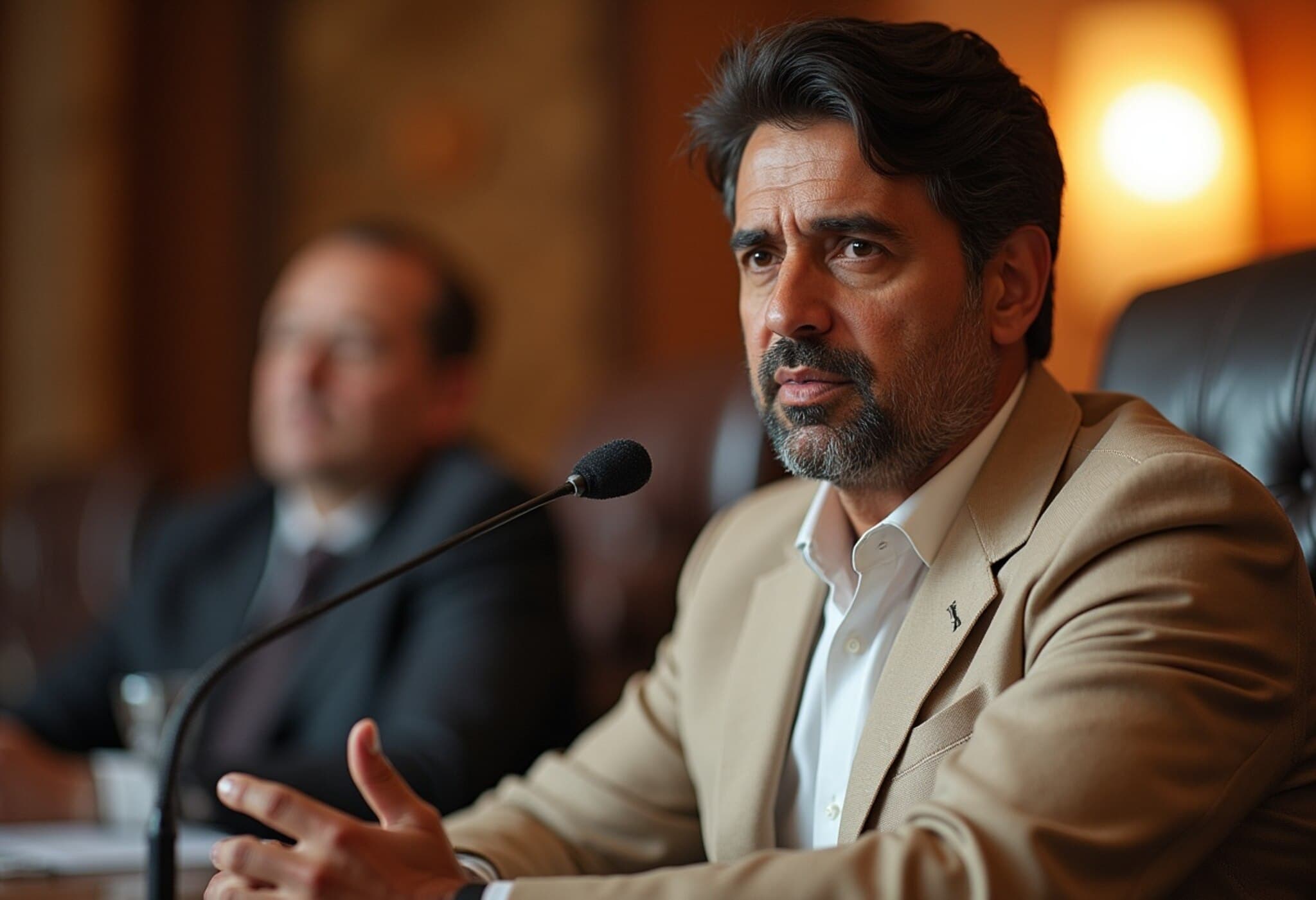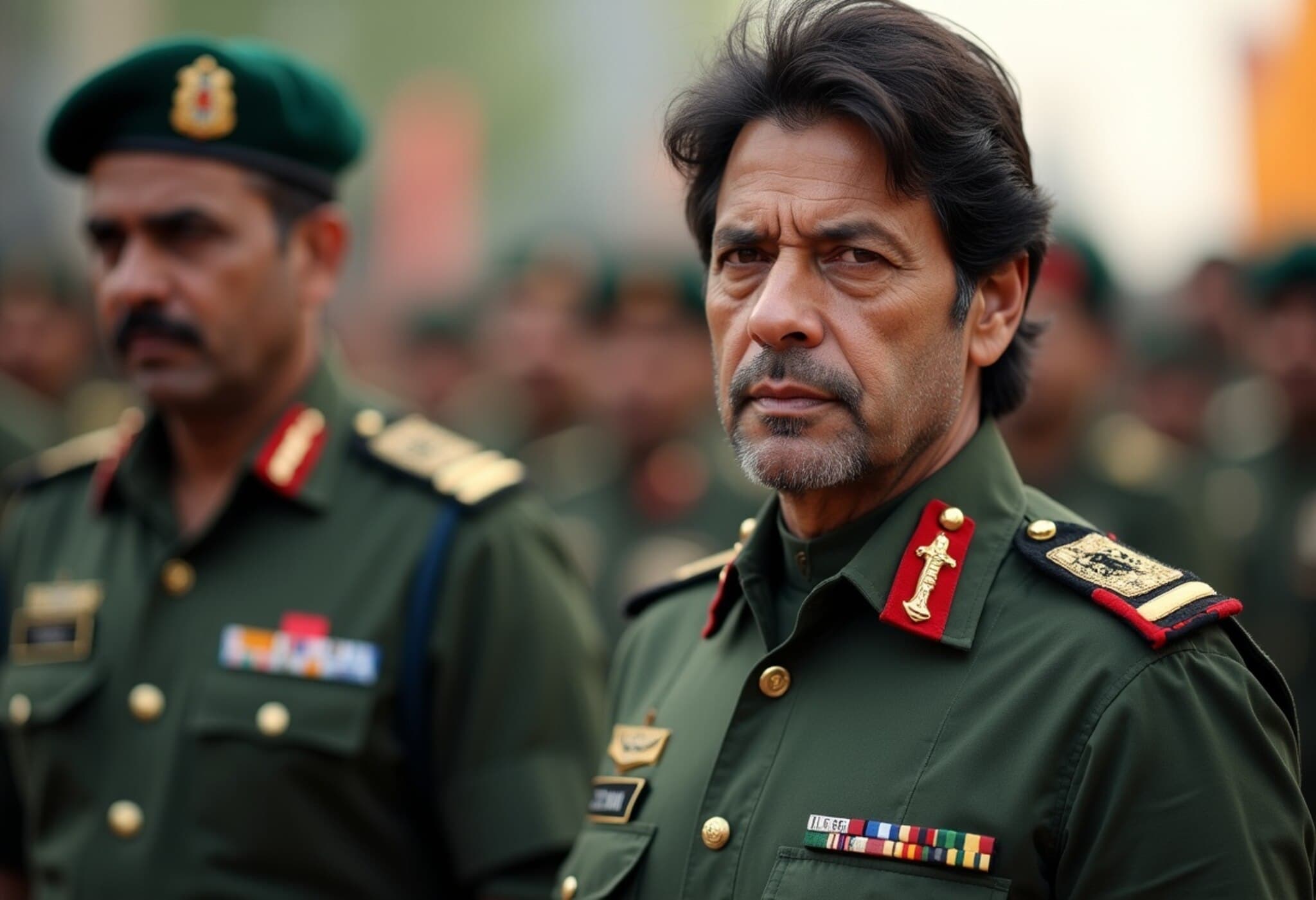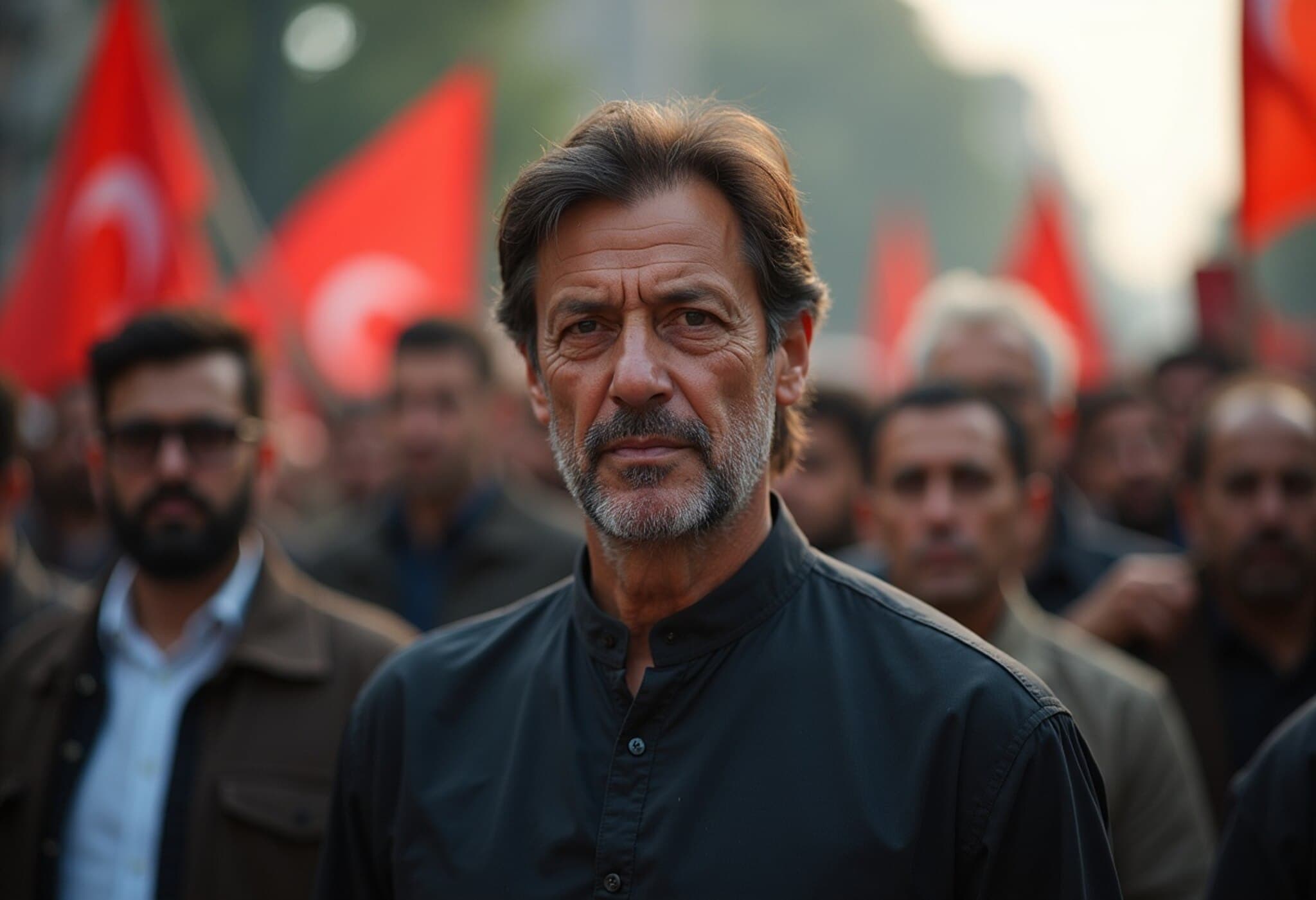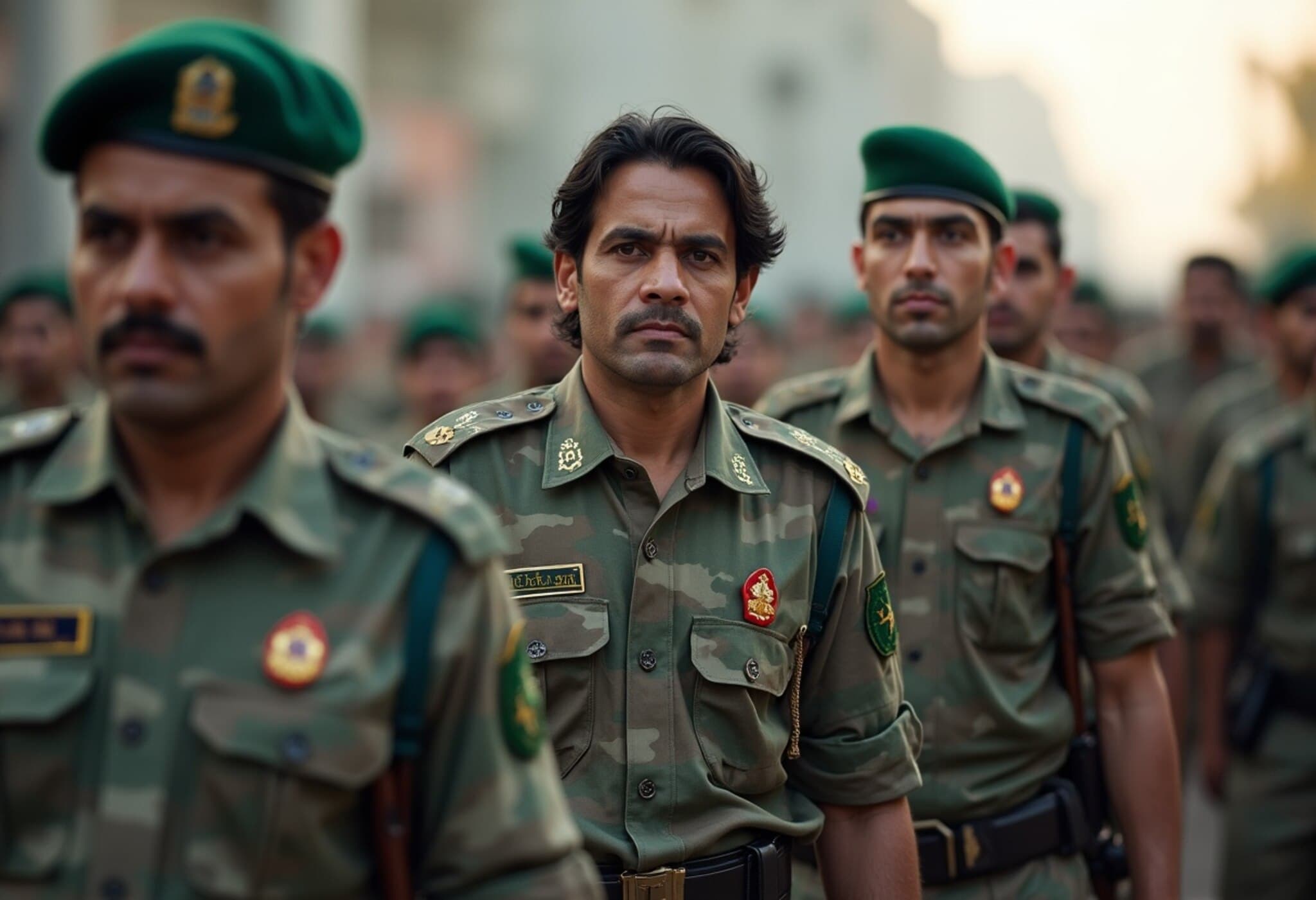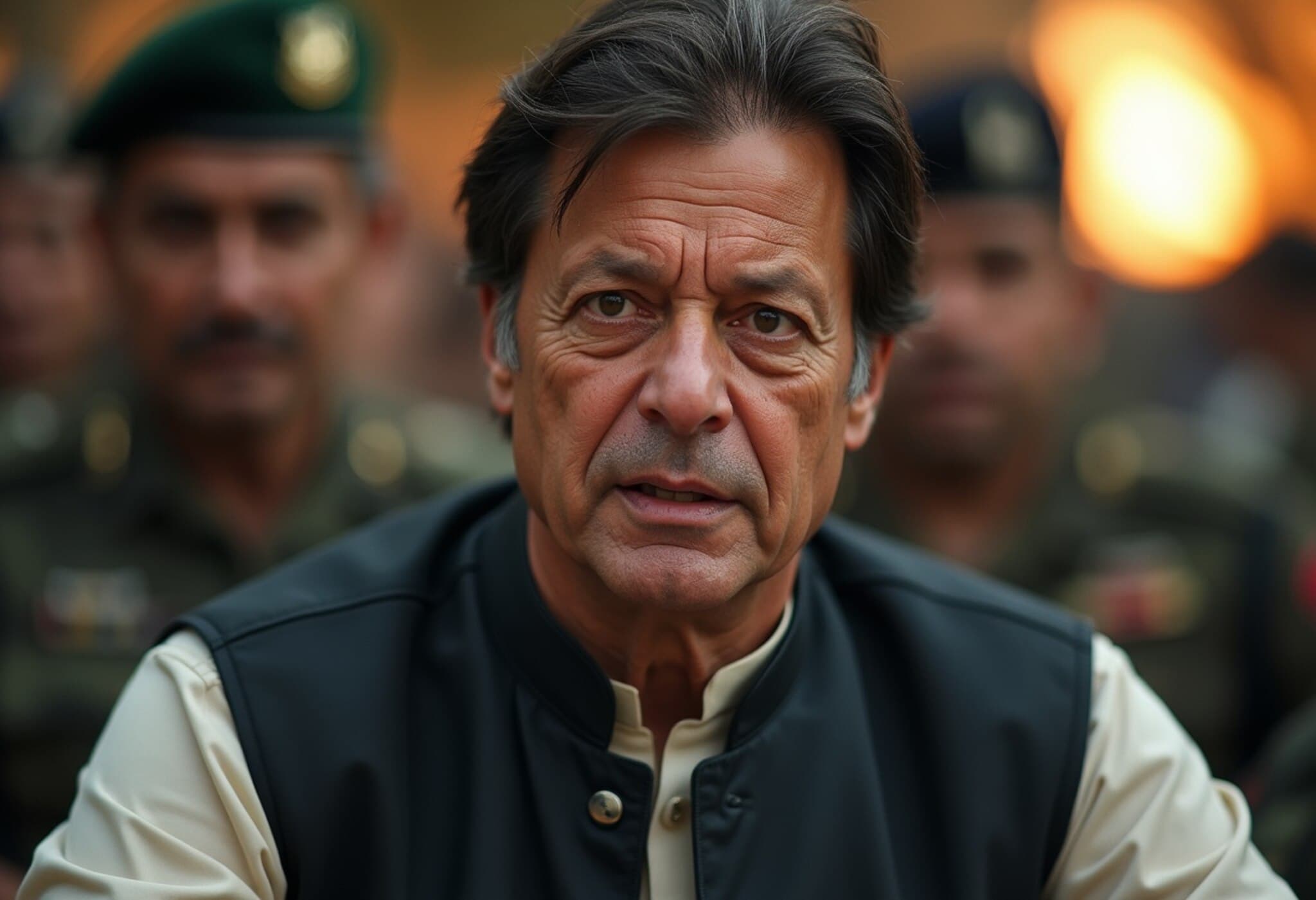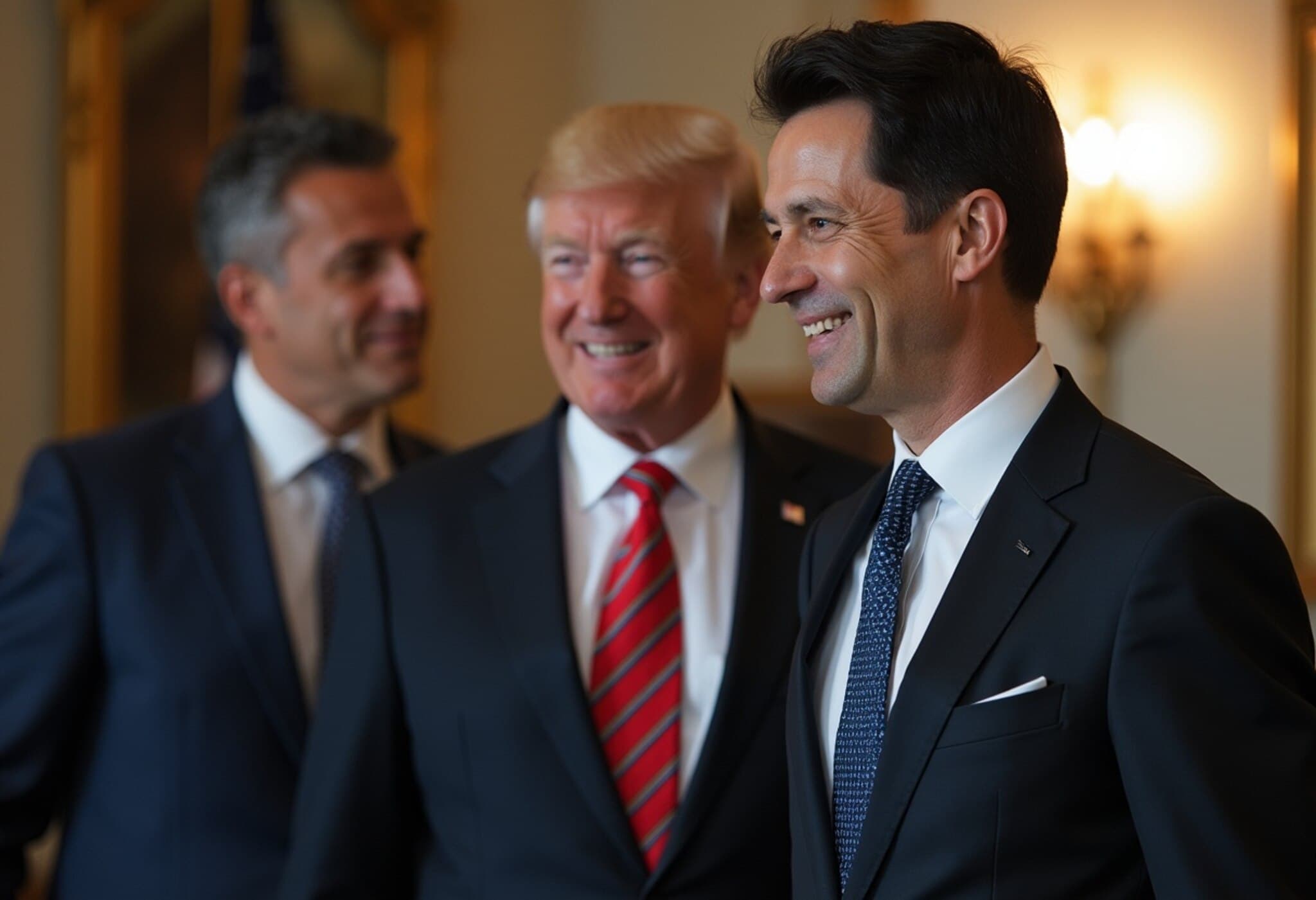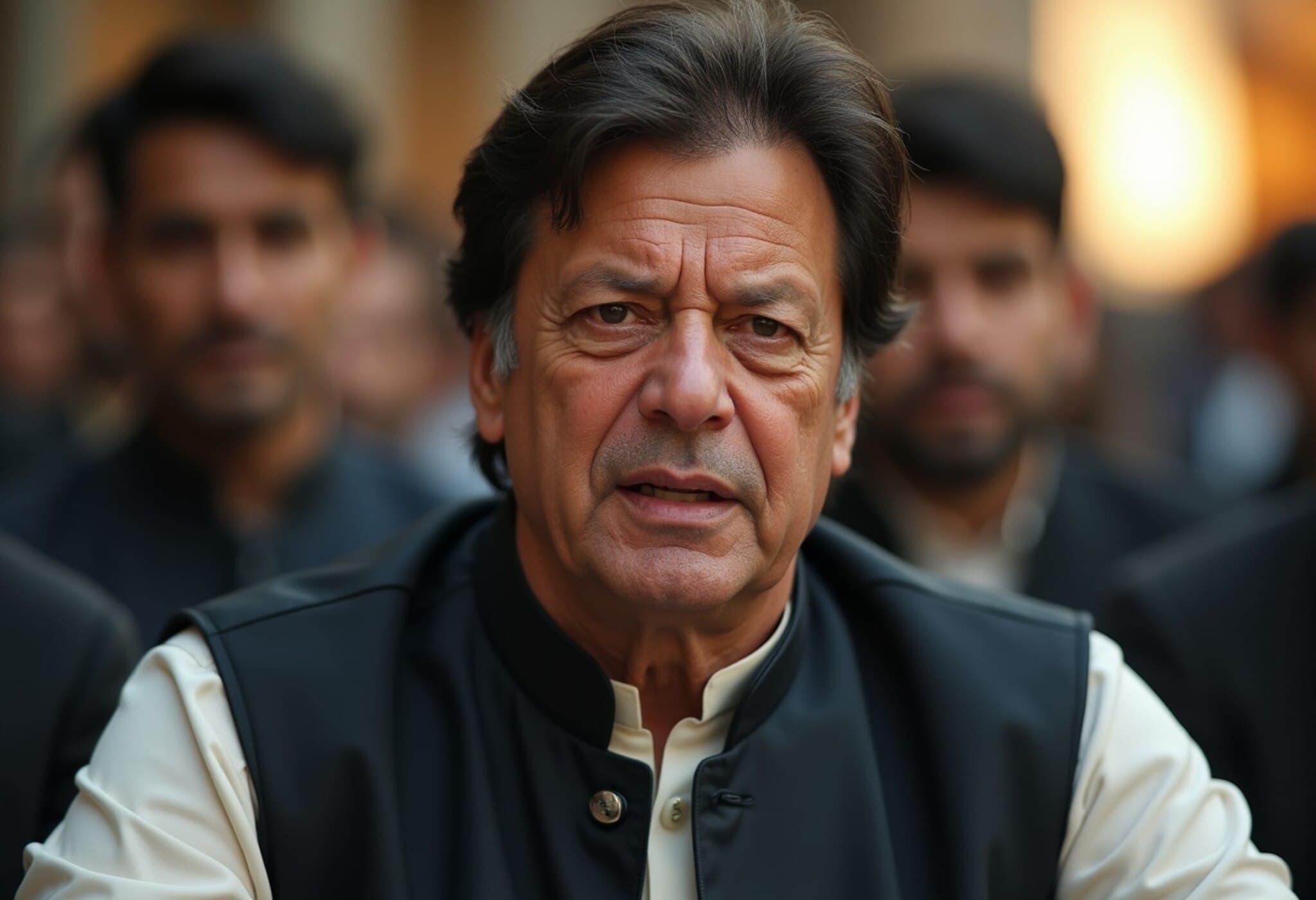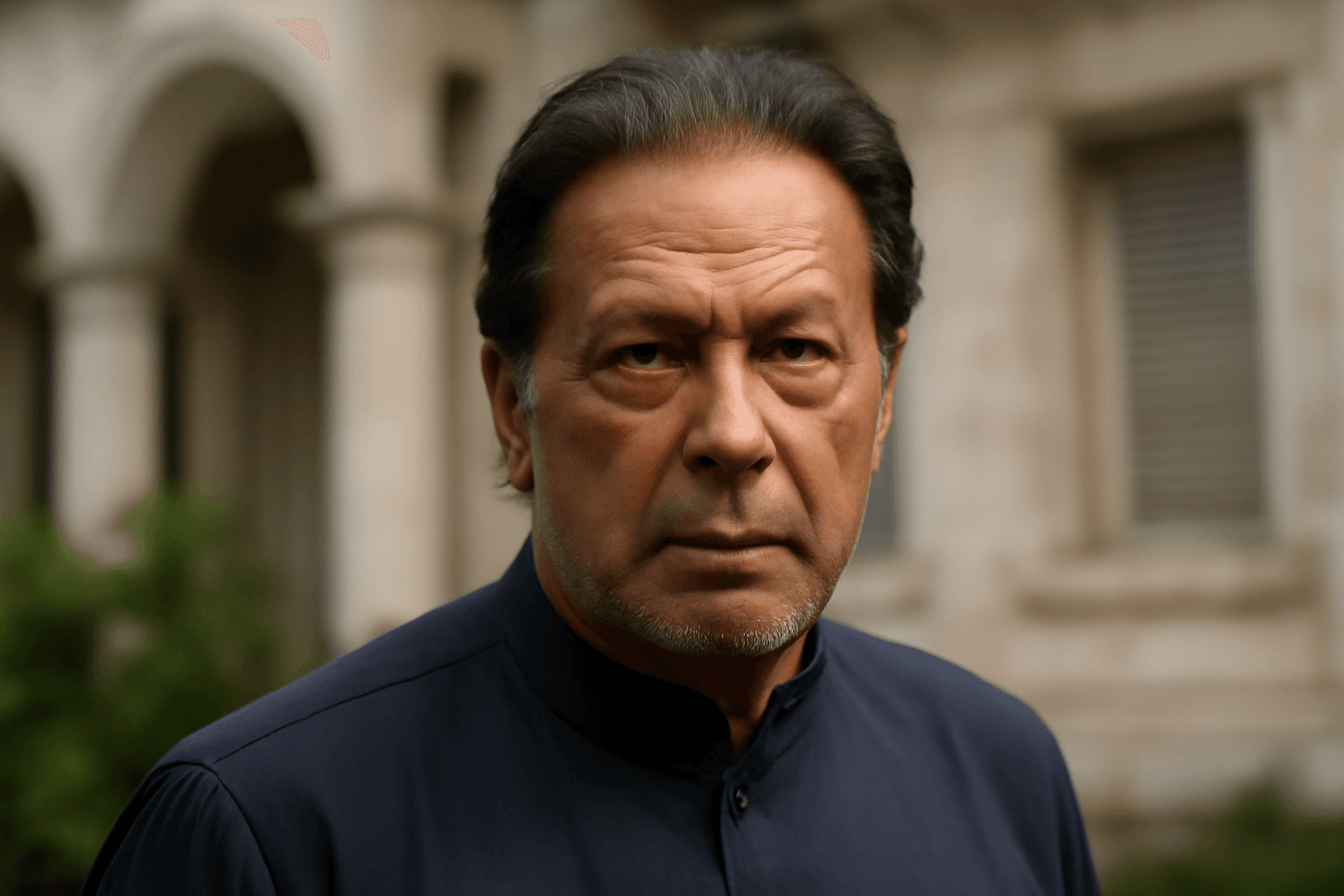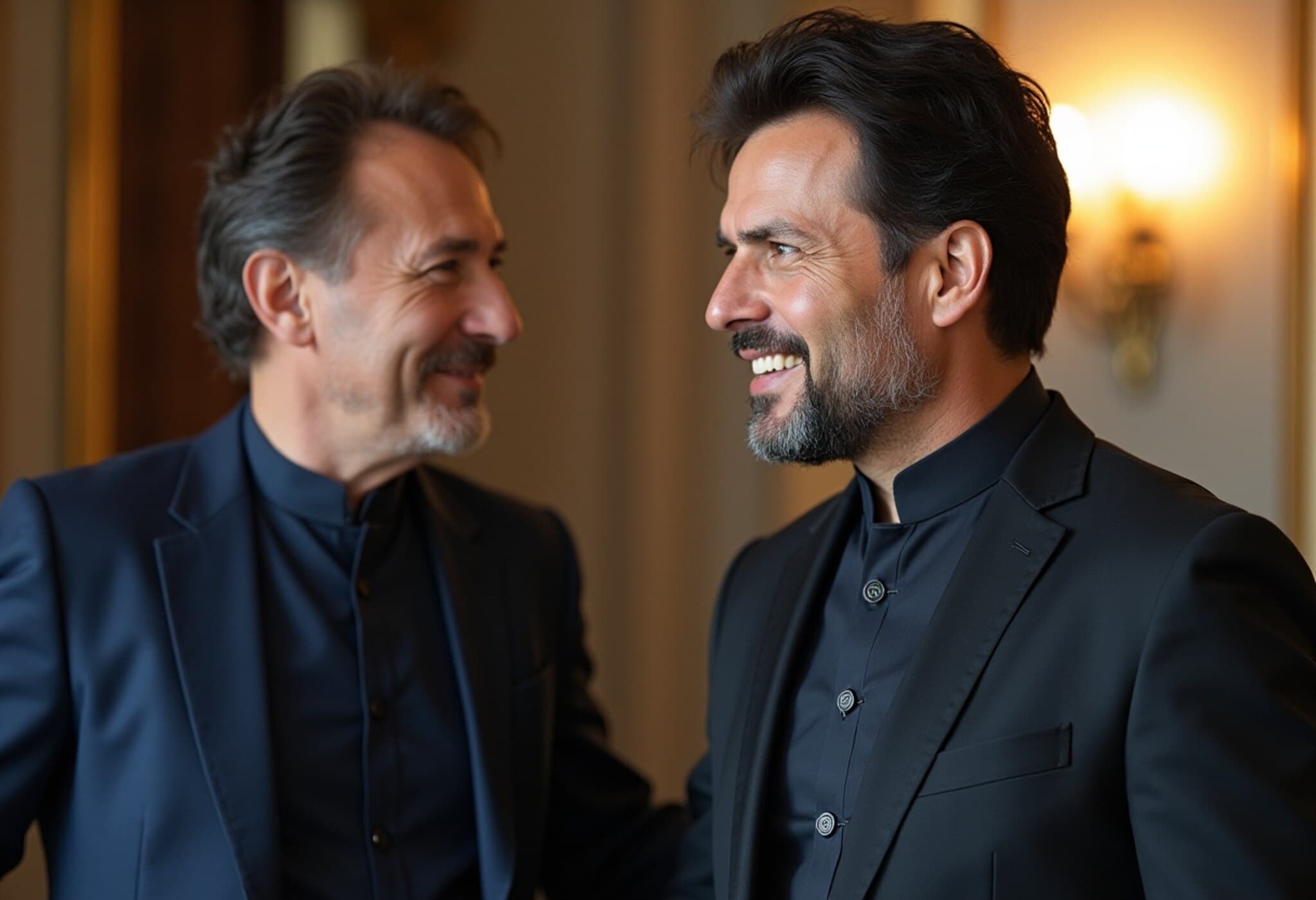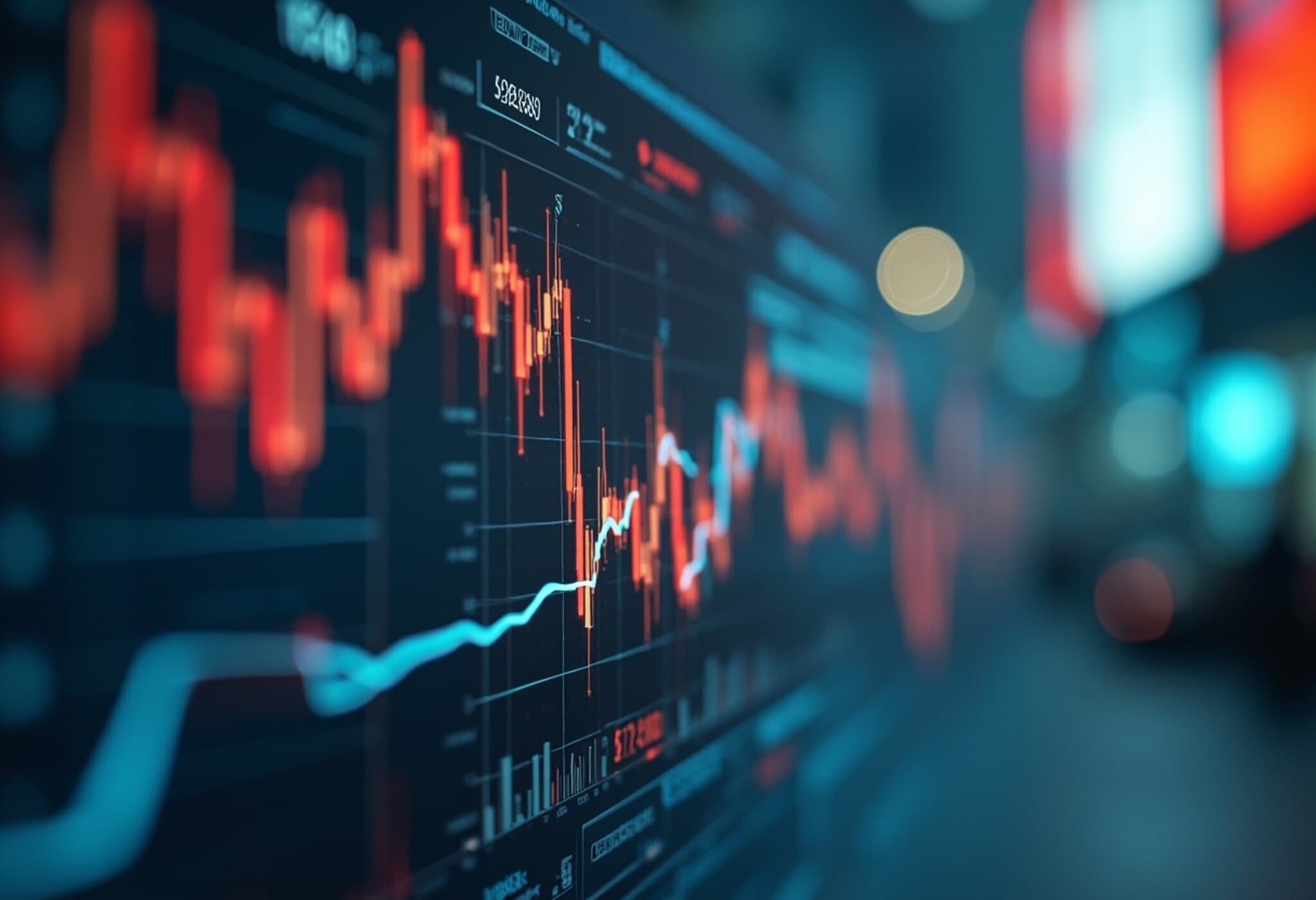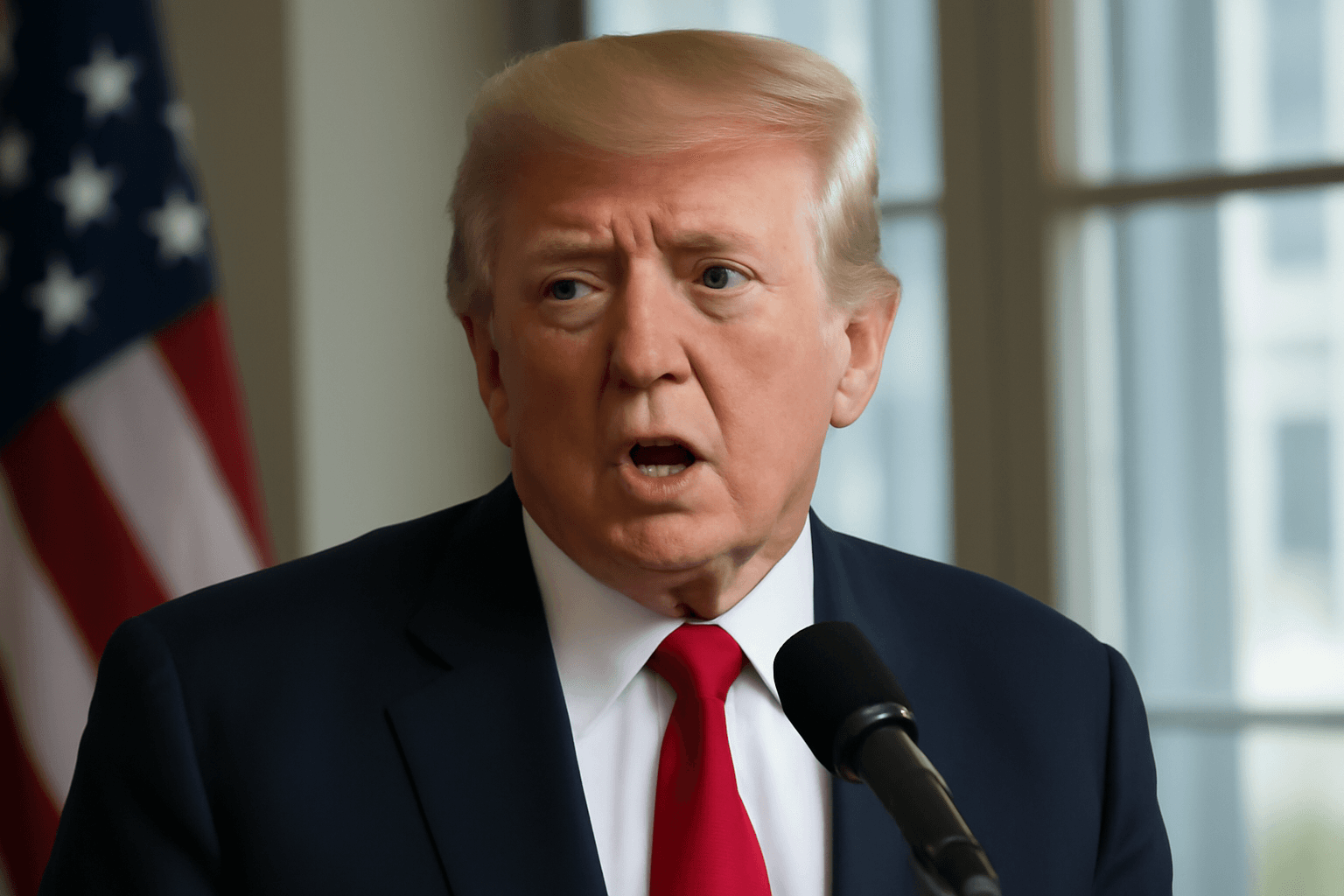Imran Khan's Sons Rally International Support Amid Heightened Political Tensions
As former Prime Minister Imran Khan marks two years of incarceration, his sons, Sulaiman and Qasim Khan, have emerged as pivotal figures in the political arena, spearheading a vigorous lobby in the United States to advocate for their father's release. Their campaign coincides with Khan's call for a nationwide protest scheduled for August 5, intensifying the already fraught political climate in Islamabad.
Background: Khan’s Legal Battles and Political Fallout
Imran Khan, who was detained on August 5, 2023, remains imprisoned despite some judicial reversals of his convictions. Currently, he faces sentences in three high-profile cases that his party, the Pakistan Tehreek-e-Insaf (PTI), vehemently argues are politically motivated efforts to exclude their leader from the national political landscape.
- Toshakhana Case: Convicted for the alleged illegal sale of state gifts received during his tenure as Prime Minister.
- Cipher Case: Charged with leaking classified diplomatic communications to gain political advantage.
- Al-Qadir Trust Case: Held responsible alongside his wife for controversial land transactions linked to a charitable trust.
PTI asserts these cases represent a calculated attempt to dismantle the influence of Pakistan’s most popular political figure, a claim that continues to fuel nationwide debates on judicial impartiality and political freedom.
International Lobbying: Khan’s Sons Take the Helm
With PTI’s senior leadership weakened by arrests, forced resignations, and exile, Khan’s sons have turned to the international stage to keep their father's plight in the global spotlight. Based primarily in the United Kingdom, the brothers have engaged with members of the U.S. Congress, policy think tanks, and prominent human rights organizations in Washington D.C. Their advocacy efforts reportedly include preparations to testify before congressional panels, pressing urgent concerns about Khan’s treatment in custody.
The brothers describe Khan’s solitary confinement conditions as inhumane, citing restricted access to light, medical care, and family visits. This narrative aims to galvanize international pressure on Pakistan’s government while maintaining morale among PTI's fragmented support base. Speculation abounds about the possibility of the brothers’ return to Pakistan to participate directly in the upcoming protest, a move that could energize a dispersed and demoralized party.
State Crackdown and Political Ramifications
Meanwhile, Pakistan’s government has responded swiftly to quell any protest momentum. On July 22, a Lahore anti-terrorism court sentenced eight senior PTI leaders to 10 years’ imprisonment, including prominent figure Dr. Yasmin Rashid. The charges relate to the May 9 riots, which saw attacks on military installations following Khan’s initial arrest.
Observers interpret these verdicts as a strategic maneuver aimed at crippling PTI's organizational capacity ahead of the August 5 protest. Critics argue the use of anti-terrorism laws against political opponents raises profound legal and ethical questions about selective justice and suppression of dissent.
Fractured Leadership Amid Calls for Unity
From inside prison walls, Khan has urged his supporters to “shun differences” and unify in readiness for a defining moment in Pakistan’s democratic evolution. Yet, PTI remains deeply divided, grappling with internal disputes between staunch loyalists and factions favoring engagement with the political establishment. This schism threatens to undermine the party’s effectiveness at a critical juncture.
The Role of the Military and Civil-Military Relations
At the core of this political crisis lies the country’s military leadership, notably Field Marshal Asim Munir, who was controversially promoted to a five-star rank in May. PTI accuses Munir, along with leaders from Pakistan Muslim League-Nawaz (PML-N) and the Pakistan Peoples Party (PPP), of orchestrating a coordinated civil-military campaign aimed at neutralizing Khan and crushing political opposition.
In a recent handwritten note from prison, Khan derisively referred to Munir as the “King of the Jungle,” condemning his governance as one rooted in fear rather than rule of law. This rhetoric underscores growing concerns about democratic backsliding and the militarization of Pakistan’s political processes.
Expert Insight: What This Means for Pakistan’s Democracy
The interplay between judicial proceedings, political leadership vacuum, and military influence presents a complex challenge for Pakistan’s democratic fabric. Legal experts warn about the dangerous precedent of employing anti-terrorism statutes to silence political dissent, which can erode public trust in the judiciary.
Meanwhile, the intensifying protests underscore a broader yearning among Pakistanis for transparent governance and accountability. International advocacy led by Khan’s sons highlights the increasing role of diaspora activism in shaping global perceptions and potentially influencing diplomatic engagement with Pakistan.
Editor’s Note
As Pakistan braces for the impending nationwide protest, critical questions loom: Can PTI overcome its internal divides to effectively challenge the state’s crackdown? What role should the international community play in responding to alleged human rights concerns within Pakistan’s judicial and prison systems? And, importantly, how will the evolving dynamics between Pakistan’s military and civilian institutions shape the country’s democratic trajectory going forward? These unfolding developments merit close observation as they hold significant implications not only for Pakistan but for regional stability and democratic norms worldwide.

